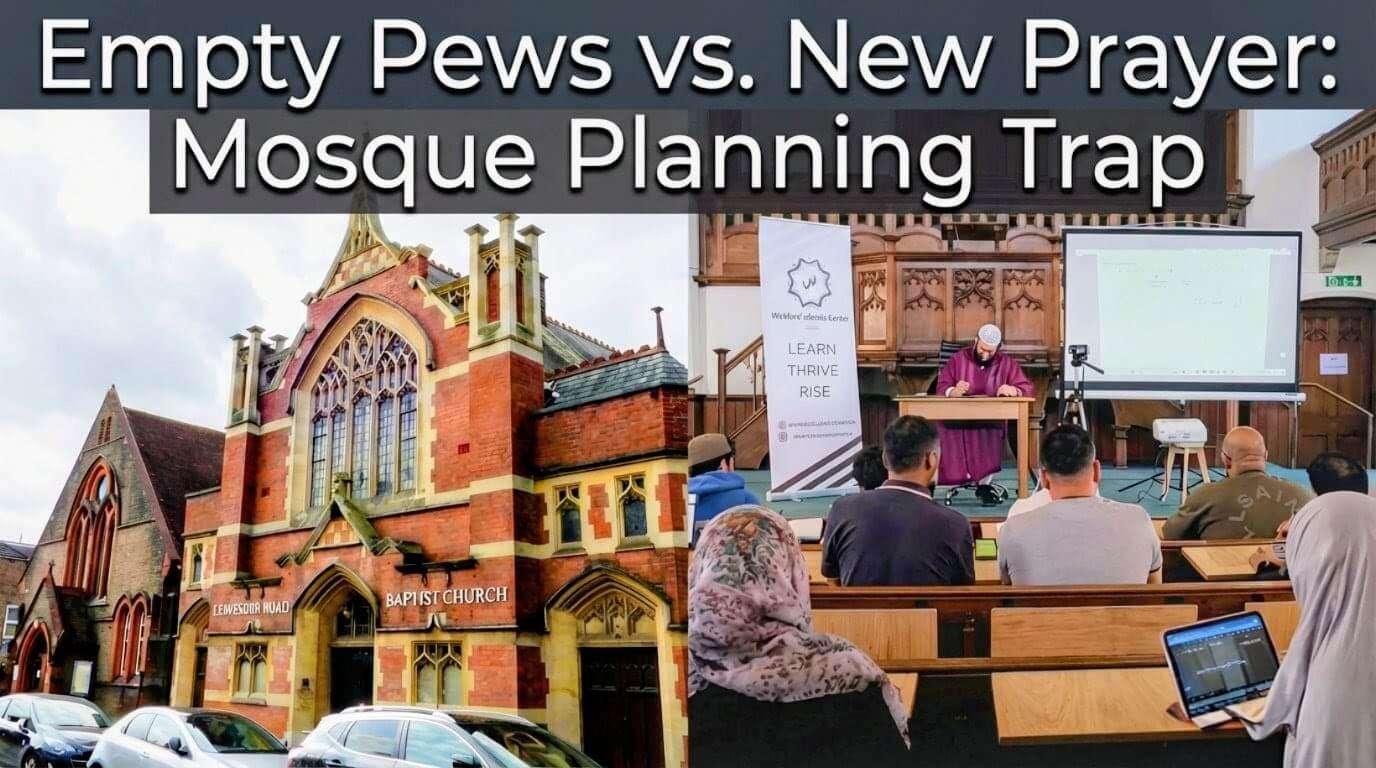The King is now among the hundreds of thousands of Britons who receive a cancer diagnosis each year.
A statement released on Monday afternoon read: “During The King’s recent hospital procedure for benign prostate enlargement, a separate issue of concern was noted. “Subsequent diagnostic tests have identified a form of cancer. “His Majesty has today commenced a schedule of regular treatments, during which time he has been advised by doctors to postpone public-facing duties.”What type of cancer has the King been diagnosed with?
The King has been diagnosed with an unspecified form of cancer. Buckingham Palace said that during Charles’ recent procedure for a benign prostate enlargement a “separate issue of concern” was noted.
Further diagnostic tests have identified “a form of cancer”, the Palace said.
A Palace spokesperson confirmed that it is not prostate cancer.
What kind of diagnostic tests were performed?
Details of the type of test have not been divulged but diagnostic tests for cancer can involve blood tests, scans and biopsies.
A biopsy is a medical procedure that involves taking a small sample so it can be examined under a microscope to identify whether there are abnormal cells present.
What is being done?
The Palace has confirmed that Charles started “a schedule of regular treatments”.
This could involve chemotherapy – a medicine is used to kill cancer cells; radiotherapy – a treatment where radiation is used to kill cancer cells; or targeted cancer drugs that find and attack cancer cells.
He will be treated as an “outpatient” which means that he will not have to stay in hospital while having treatment.
The King started his treatment on Monday and “remains at home in London this evening”, a spokesperson confirmed.
How is the King feeling?
The Palace announced that under medical advisement, Charles will be stepping back from public-facing duties.
But he is still able to “undertake State business and official paperwork as usual”, officials said.
They added that the King “remains wholly positive about his treatment” and “looks forward to returning to full public duty as soon as possible”.
Will his diagnosis raise awareness?
When the King shared his diagnosis of an enlarged prostate there was a significant increase in searches for the condition on the NHS website.
On the day after the announcement there were 16,410 visits to the NHS website’s prostate enlargement page compared with 1,414 visits the previous day.
Buckingham Palace said that the King chose to share his cancer diagnosis to “prevent speculation and in the hope it may assist public understanding for all those around the world who are affected by cancer”.
How many people are diagnosed with cancer every year in the UK?
According to Macmillan Cancer Support around 393,000 people in the UK are diagnosed with cancer.
When the King was Prince of Wales he was patron of a number of cancer-related charities.
He often spoke in support of cancer patients, their loved ones and health professionals.







.svg)

